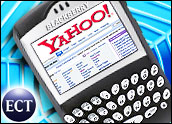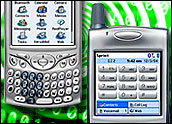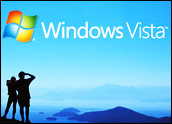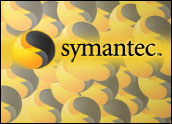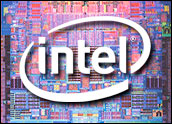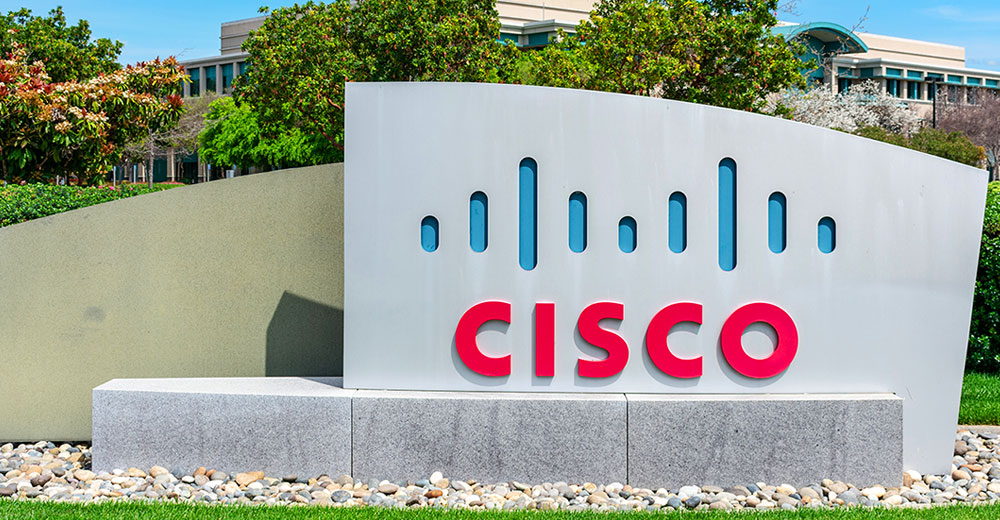
Mountain View, Calif.-based Dash Navigation is recruiting 2,000 drivers to “road test” the company’s Dash Express automotive GPS, a unit that automatically connects to the Internet to provide real-time traffic conditions and other information for motorists.
Dash just finished a six-month field trial of the devices in the San Francisco Bay Area and now wants to extend the effort nationally, company spokesperson Gina Aumiller Bender told TechNewsWorld.
The company will pick testers based on the amount of driving they do and their expressed interest in new technology, she said. Those interested must complete a survey posted at Dash Navigation’s Web site.
Not Your Average PND
The Dash Express is significantly different than other personal navigation devices on the market today primarily because it automatically connects to Dash Navigation’s servers via the Internet, Bender said. This is done by using both cellular telephone and WiFi technology.
As the Dash Express maintains two-way connectivity to the Internet, each unit acts as an anonymous “probe.” Data about the vehicle’s location and speed are uploaded to Dash Navigation’s servers. When combined with information from other sources — including sensors commonly used by traffic reporting systems — traffic conditions and estimated arrival times are downloaded to other Dash Express units.
“Probe mode is completely automatic and completely anonymous,” assured Bender. “We just know a device was on a certain part of a road. We don’t know what device that was or who it was.”
The system worked well in the Bay Area trial, Bender said, even though only about 200 units were in the field. “We are actually seeing the effects of those units,” she said, noting the unique information they provide is about traffic conditions on secondary roads.
A Daily Routine
Bender uses her Dash Express daily and trusts it to choose for her the fastest route to work. The units has been very accurate in predicting her daily time of arrival, she said.
Dash Navigation has a deal with a third party that provides cellular service from all providers. When the units sense WiFi Internet access, they switch to that mode to maintain connection, said Bender.
When there is no Internet availability, the Dash Express acts similar to other navigation units, drawing on stored map and GPS information.
The company is purposely limiting the amount of Internet-related services the units will provide. E-mail and general Web browsing are not currently offered.
However, the devices are to include Yahoo Local search, “Send to Car,” which sends addresses from any computer “straight to the dashboard, eliminating the need for paper maps and directions,” and “Dynamic Destination Information” which tells drivers gas prices, movie times and community-based ratings for destinations.
In Time for Christmas
The Dash Express units are slated to hit the market later this year, Bender said. “We haven’t set pricing yet because it’s such a dynamic market, but at this point it’s likely to be in the (US)$600 to $800 range.”
There will also be a monthly service fee of $10 to $15, she said.
Dash’s technology is interesting, Strategy Analytics analyst Mark Fitzgerald told TechNewsWorld, but he wonders if people will be willing to add another monthly cost to their budgets.
“I just question of how much consumers are going to be willing to pay for that service … If people see a value, they are going to pay for it. It’s just a question of how often you are going to use this type of navigation,” he added.
What’s “nice” about Dash Express is its ability to “tell me something like, ‘Don’t go to work this way. Take the alternate route,'” said Fitzgerald.
“Certainly, I think the company has something unique to offer,” Gartner analyst Thilo Koslowski told TechNewsWorld. “Their big differentiator is they provide two-way communication from a hardware perspective. … The whole idea is, you have a community of people being actually able to benefit.”
The Dash “could provide the most accurate traffic information available” he said, but he noted “the challenge here is having enough units on the street so the data is reliable.”

